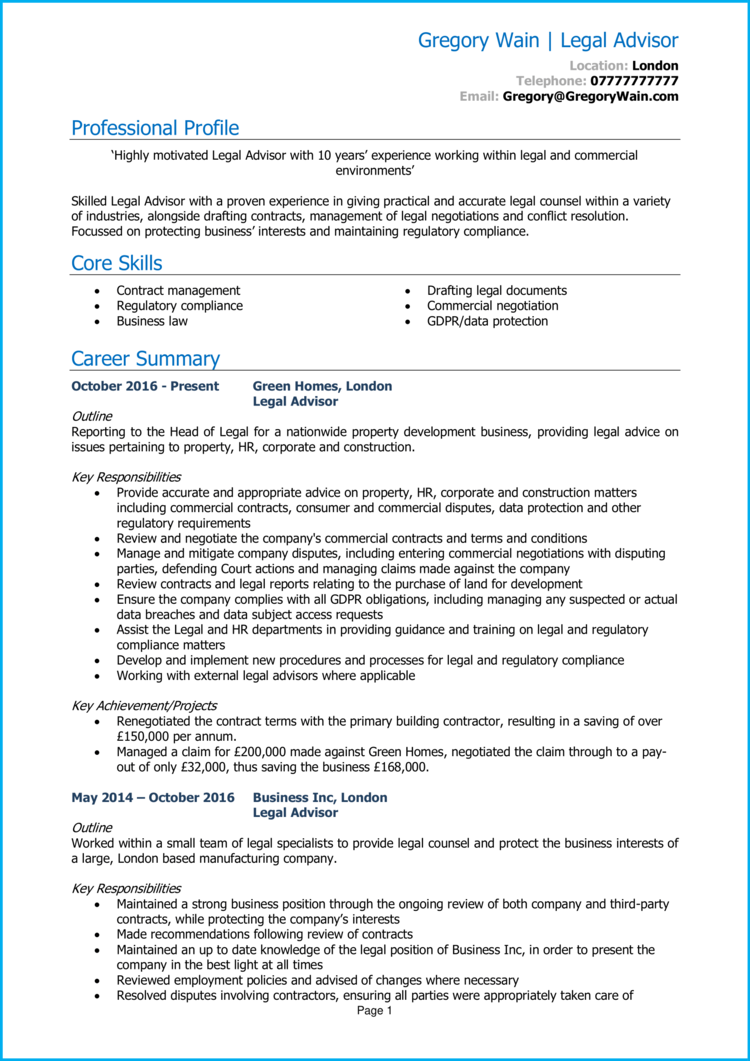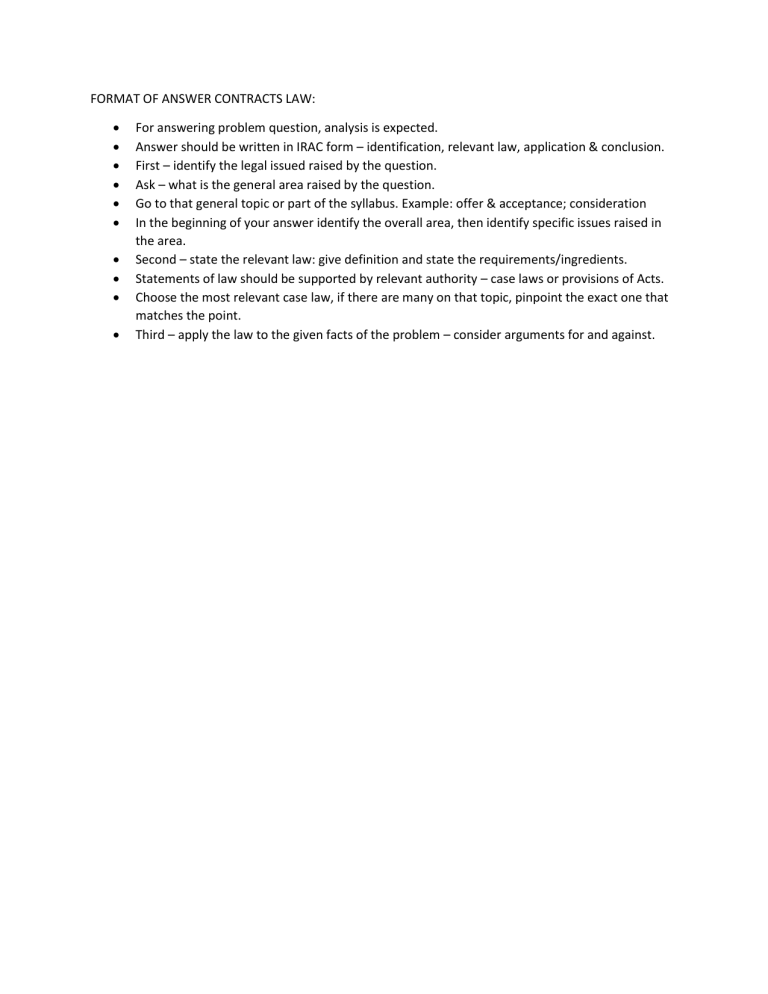Exploring Constructive Trust: Unlocking Legal Insights
Defining Constructive Trust:
Constructive trust is a legal concept that arises when property is held by one party for the benefit of another, based on principles of fairness and equity rather than an express agreement. Unlike express trusts, which are created intentionally by parties through a written agreement or declaration, constructive trusts are imposed by the courts to remedy unjust enrichment or prevent unjust enrichment in certain situations.
Legal Principles of Constructive Trust:
The legal principles underlying constructive trust are rooted in equity and fairness. Constructive trusts are typically imposed in cases where one party has obtained property through wrongful conduct or breach of fiduciary duty, and it would be unconscionable for that party to retain the property. Courts impose constructive trusts as a remedy to ensure that the rightful owner of the property is not unjustly deprived of their rights.
Common Situations Where Constructive Trusts Arise:
Constructive trusts can arise in a variety of situations, including cases of fraud, breach of fiduciary duty, undue influence, and mistake. For example, if one party purchases property using funds belonging to another party but fails to transfer legal title to the rightful owner, a constructive trust may be imposed to ensure that the true owner’s rights are protected. Similarly, if a trustee misappropriates trust assets for their own benefit, a constructive trust may be imposed to restore the trust property to its rightful beneficiaries.
Elements of Constructive Trust:
To establish a constructive trust, certain elements must be present, including:
- Unjust Enrichment: The defendant must have been unjustly enriched at the expense of the plaintiff.
- Breach of Fiduciary Duty: There must be a breach of fiduciary duty or other wrongful conduct by the defendant.
- Tracing: The plaintiff must be able to trace the property or funds to establish their claim.
- Unconscionability: It must be unconscionable for the defendant to retain the property or benefit from the wrongful conduct.
Role of Courts in Imposing Constructive Trusts:
Courts have broad discretion in determining whether to impose a constructive trust and the scope of the trust’s application. In deciding whether to impose a constructive trust, courts will consider factors such as the nature of the wrongful conduct, the parties’ intentions, and the equities of the case. Courts may also consider public policy considerations and the need to prevent unjust enrichment.
Remedies Available in Constructive Trust Cases:
In cases where a constructive trust is imposed, courts may order various remedies to enforce the trust and protect the rights of the parties involved. These remedies may include:
- Tracing: The plaintiff may be entitled to trace the property or funds to recover their rightful share.
- Accounting: The defendant may be required to provide an account of their dealings with the property or funds subject to the constructive trust.
- Restitution: The defendant may be required to restore the property or funds to the plaintiff or compensate them for any losses suffered.
- Equitable Damages: In some cases, courts may award equitable damages to compensate the plaintiff for any harm suffered as a result of the defendant’s wrongful conduct.
Challenges in Constructive Trust Cases:
Constructive trust cases can be complex and challenging to litigate, particularly when issues such as tracing, unjust enrichment, and equitable remedies are involved. Legal practitioners representing parties in constructive trust cases must carefully analyze the facts and legal principles applicable to each case to effectively advocate for their clients’ rights.
Conclusion:
Constructive trust is a powerful legal remedy that courts may impose to remedy unjust enrichment and protect the rights of parties in certain situations. Understanding the legal principles underlying constructive trust is essential for legal practitioners and parties involved in litigation where constructive trust issues arise. By grasping the concepts and principles discussed above, individuals can navigate constructive trust cases with greater clarity and confidence. Read more about constructive trust










